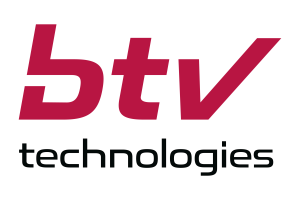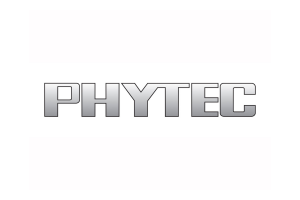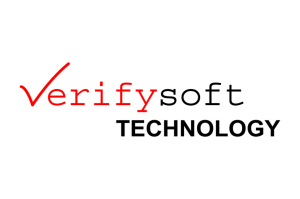SerDes Chipset
A-PHY has Entered Mass Production in SUV Model by Lynk & Co
The MIPI Alliance, an international organization for interface specifications, has announced that an automotive-grade SerDes chipset based on the MIPI A-PHY specification has been implemented by a global automotive OEM for the first time.
MIPI contributor member company Velinktech recently announced that its high-speed automotive SerDes chipset has entered mass production in the 06 Relive compact SUV model by Lynk & Co, a global automotive brand established in 2016 as a joint venture between Geely Auto Group and Volvo Car Group.
This Velinktech mass-production announcement follows previously announced A-PHY design wins by Valens Semiconductor, with its A-PHY chipsets selected by a family of European OEMs for integration into several vehicle models with a start of production in 2026. Also, Mobileye, a market leader in ADAS and autonomous systems, selected Valens’ A-PHY-compliant chipsets to provide the in-car, sensor-to-compute connectivity infrastructure for its Mobileye EyeQ 6 High automated and autonomous production programs underway with a group of global automotive brands.
MIPI A-PHY provides global OEMs and automotive supply chain vendors a highly reliable long-reach (up to 15 meters) solution for high-speed image sensor and display connectivity. It supports a multitude of higher layer protocols and forms the foundation of MIPI's Automotive SerDes Solutions (MASS) end-to-end framework with built-in functional safety and security. A-PHY v.1.0 was also adopted as an IEEE standard, available as IEEE 2977-2021.
To support the ecosystem, MIPI Alliance is rolling out an A-PHY Compliance Program, which will allow automotive OEMs and system designers to validate that MIPI A-PHY devices have been tested and deemed compliant with the specification.
The A-PHY Working Group has already held several successful test events with nearly a dozen companies participating to support the program's development. The next event (open to MIPI members) is planned for December 2025 in Taipei. In addition, Valens Semiconductor recently announced interoperability with seven companies, signaling significant momentum of this technology for the global automotive industry.





